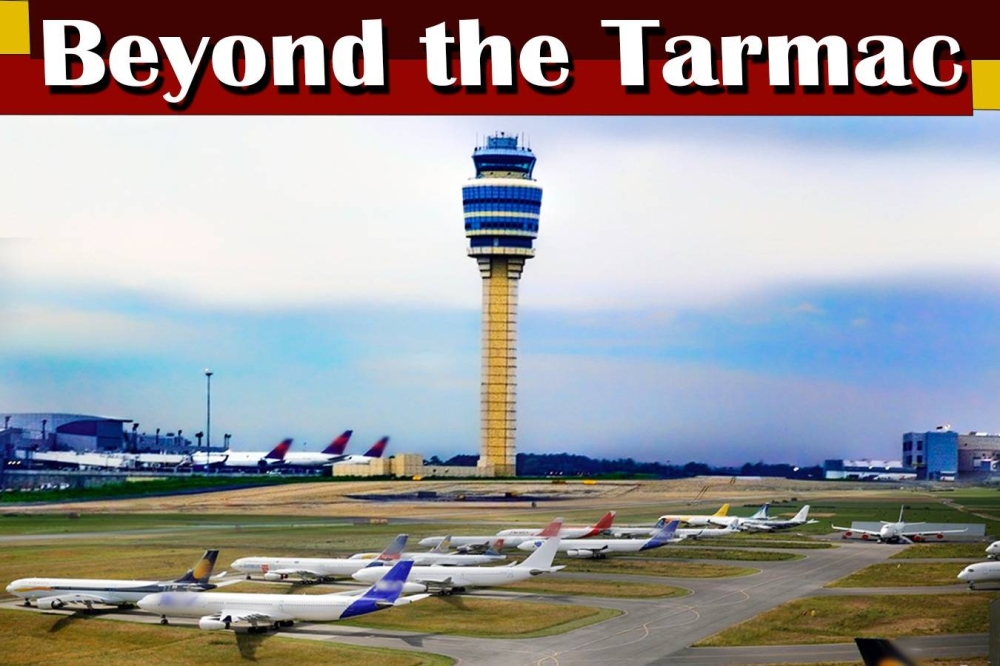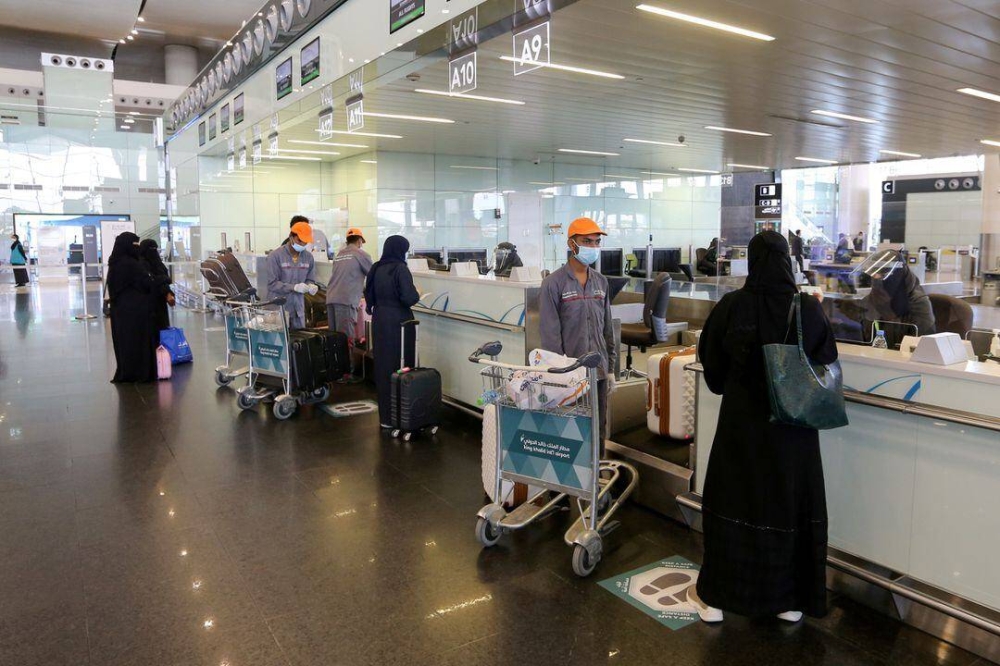
The number of leisure visitors to the region in 2023 is expected to reach 33mn, compared with 29mn in 2019.
This 13% increase means that the Middle East is the only region fully recovered from the pandemic in volume, according to the WTM Global Travel Report.
When measured in dollar terms, the Middle East, GCC countries in particular, lead the way, in terms of growth, with a 46% increase in inbound spend compared with 2019, noted the report produced in association with Tourism Economics, which was published to mark the opening of this year’s WTM London.
The Middle East is also outperforming all other regions for domestic travel, which has grown by 176% since 2019, albeit from a low base.
The success of the region’s recovery from the pandemic is driven by Saudi Arabia, United Arab Emirates and Qatar with their commitment to tourism showing signs of success.
The report notes that some GCC countries are investing heavily in tourism infrastructure, viewing tourism development as a key strategy to diversify away from hydrocarbons reliance.
Juliette Losardo, exhibition director, World Travel Market London, said, “The Middle East is one of the most exciting and dynamic regions for tourism.
The positive findings from WTM Global Travel Report show that the initial investments made in developing new tourism infrastructure are already paying dividends.
“The WTM team continues to work closely with our sister event, Arabian Travel Market, to ensure continued support to the region in its ongoing endeavours.”
Julia Simpson, president, and CEO of World Travel & Tourism Council (WTTC) pointed out that tourism was growing at double the rate of the global economy as a whole and had the ability to “put food on the table, and break people out of the informal into the formal economy.”
She said young people’s association of travel with poor sustainability needed addressing so that this was not a barrier.
Simpson stressed that the growth in travel was ‘decoupling’ from the growth in carbon emissions because of efforts made in the sector and by some destinations.
Travel leaders also talked post-pandemic trends at World Travel Market, London with enduring shifts in consumer behaviour and inflation in some markets having an effect.
In a session responding to the WTM Global Travel Report, Patricia Page-Champion, Hilton’s senior vice president and global commercial director said: “85% now of business travel is through small to medium businesses.”
She added there was also an upturn in ‘bleisure’ – people combining business and leisure, with one in four people now bringing a loved one with them as part of a trip in 2024, partly enabled by the rise in flexible working.
“Experience is the new luxury,” said Peter Krueger, chief strategy officer and chief executive officer Holiday Experiences for TUI, explaining that although customers were buying the same package holiday components of hotel, flight and transfers, “It’s the experience that triggers the sale, it’s no longer sun and beach.”
Krueger also explained how the growing demand for sustainability made strong economic sense.
He referred to a couple of hotels in the Maldives that ran on diesel where solar panels were installed and expected to recoup the money in one and a half to two years.
“You can earn so much money on sustainability,” he said. “All of our hotels are sun and beach destinations so what you have is a lot of sun!”
With a wide spread of markets, Krueger was unconcerned about the financial downturn in some countries. “We see more of a shift in source markets and destinations,” he explained, with, for instance, North America picking up any European slack for the Caribbean and Europeans controlling their budgets by choosing all-inclusive or good value destinations like Bulgaria.
Concerning technology, Krueger stressed the importance of digital for a company with a customer base the size of the population of Australia: “If you have a scale of 27mn customers but everyone wants to have a personalised holiday, how do you match this? The answer is technology.”


